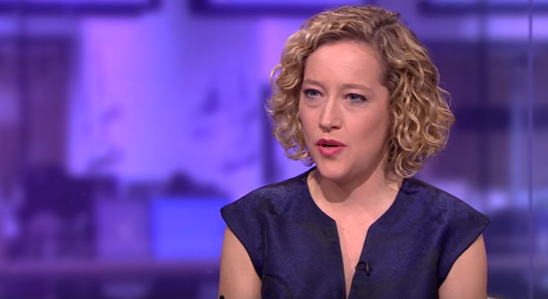LeverPuller
BigFooty Tanker
- Jun 23, 2011
- 35,101
- 40,614
- AFL Club
- Melbourne
- Other Teams
- Newcastle United Seattle Seahawks
Another side:
People can't get away from their world view.
Example: we have problems with public healthcare. You know what people love to do about health? Bitch.
You know what people don't do? Propose solutions.
Everyone loves to have a bitch but they don't solve anything. Moreover, people then propose a solution - and it isn't good enough. As a society we are all far too quick to jump on the hate train without granting time to ideas that may not be perfect, but are still a damn sight better than the status quo.
There's no love for marginal change even when it's a good thing.
People can't get away from their world view.
Example: we have problems with public healthcare. You know what people love to do about health? Bitch.
You know what people don't do? Propose solutions.
Everyone loves to have a bitch but they don't solve anything. Moreover, people then propose a solution - and it isn't good enough. As a society we are all far too quick to jump on the hate train without granting time to ideas that may not be perfect, but are still a damn sight better than the status quo.
There's no love for marginal change even when it's a good thing.





